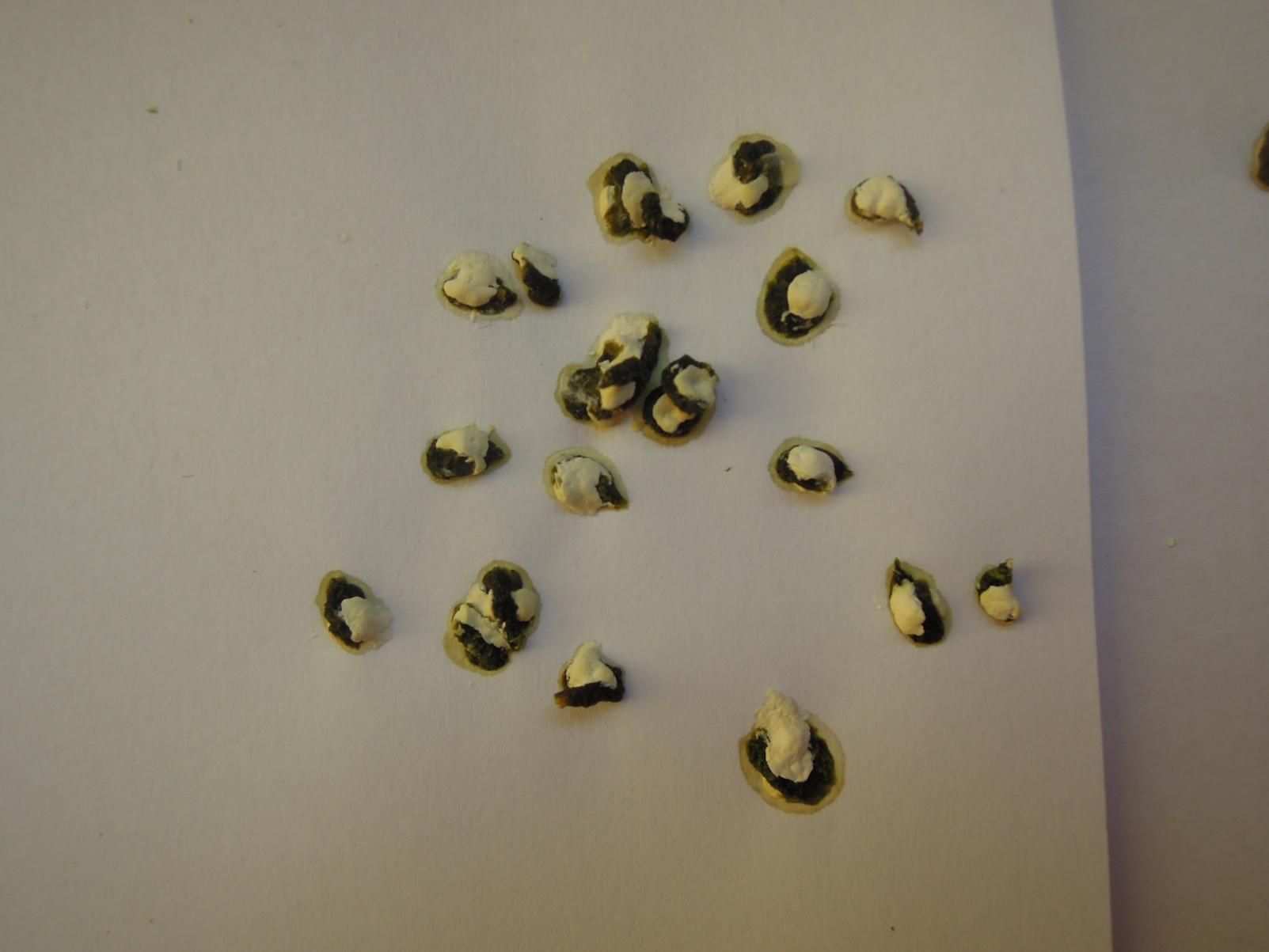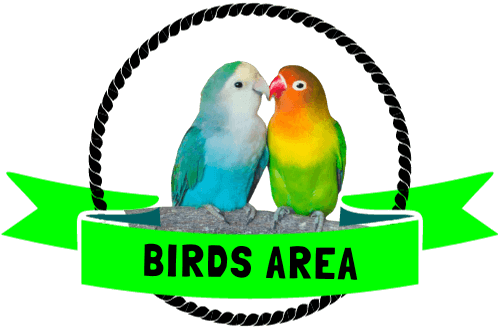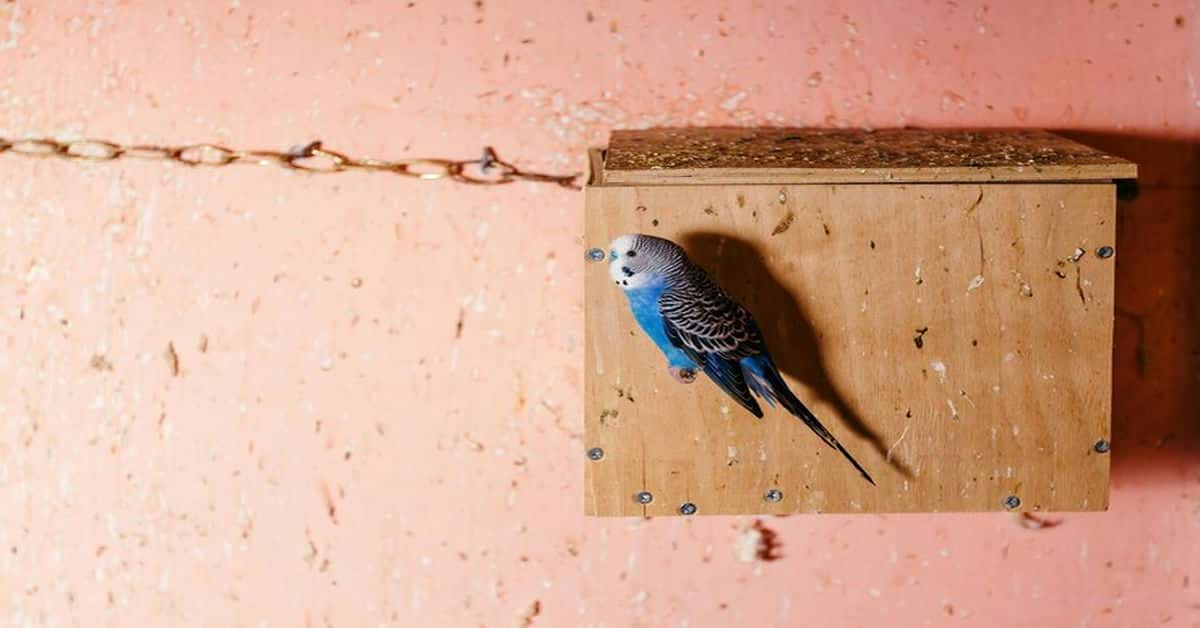How Often Do Budgies Poop?
Budgies poop every 15 to 20 minutes. This frequency is due to their fast metabolism.
Budgies, also known as parakeets, are small, colorful birds that are popular pets. They have a high metabolic rate, which means they process food quickly. Consequently, they need to excrete waste frequently, usually every 15 to 20 minutes. Budgie owners should be aware of this to keep their pets’ living environment clean.
Understanding their natural behavior helps in providing proper care and maintaining their health. Frequent pooping is a normal and healthy part of a budgie’s daily routine. Keeping their cage clean and providing a balanced diet are crucial for their well-being. Regular cleaning prevents health issues and ensures a happy, healthy bird.
Budgie Digestive System
Understanding your budgie’s digestive system is crucial for its health. A budgie’s digestive system works efficiently, which means frequent pooping. Let’s dive into the details of their digestive process.
Anatomy Basics
A budgie’s digestive system is unique. It starts with the beak, where it breaks down food. From there, food moves to the crop, a storage pouch in the throat. Here, food softens before moving to the stomach.
The stomach has two parts: the proventriculus and the gizzard. The proventriculus secretes digestive enzymes, while the gizzard grinds food into smaller pieces, helping the budgie absorb nutrients more effectively.
Next, the food passes into the intestines. Nutrients get absorbed here. Waste then moves to the cloaca, the final exit point. This entire process happens quickly, leading to frequent pooping.
Role Of Metabolism
Budgies have a high metabolism. They are small birds with fast energy needs. This rapid metabolism means they process food quickly. As a result, budgies need to eat often. And they poop often too.
Here’s a simple table to illustrate the process:
| Process | Description |
|---|---|
| Food Intake | Food enters through the beak. |
| Crop Storage | Food softens in the crop. |
| Stomach Digestion | Proventriculus and gizzard digest food. |
| Intestinal Absorption | Nutrients get absorbed in the intestines. |
| Waste Excretion | Waste exits through the cloaca. |
High metabolism keeps budgies active and healthy. Frequent pooping is a sign of a healthy budgie. Make sure they have a balanced diet to support their metabolism.
How Often Do Budgies Poop?
Budgies are small, active birds with a fast metabolism. This means they poop often. Understanding their pooping frequency helps in monitoring their health. Let’s dive into the typical patterns and how age affects poop frequency.
1. Typical Patterns
Budgies generally poop a lot. On average, a budgie can poop every 15-20 minutes. This means they can poop around 40-50 times a day. Their diet and activity levels can influence this frequency.
Here is a quick breakdown of their typical pooping pattern:
- Morning: More frequent due to overnight digestion.
- Daytime: Regular intervals depending on feeding and activity.
- Evening: Frequency decreases as they settle for the night.
2. Age And Poop Frequency
Age can also impact how often budgies poop. Younger budgies tend to poop more frequently than older ones. This is because young birds have a higher metabolism.
Here is a table summarizing poop frequency by age:
| Age | Poop Frequency |
|---|---|
| Chicks (0-3 months) | Every 10-15 minutes |
| Juveniles (3-6 months) | Every 15-20 minutes |
| Adults (6+ months) | Every 20-30 minutes |
Regular monitoring of your budgie’s poop is crucial. Any significant changes can indicate health issues.
Diet Impact
Understanding how often their diet can influence budgies’ poop. The food and drink they consume play a vital role. This section will explore the food types and hydration effects on budgie poop frequency.
Food Types
Budgies eat various foods, each affecting their digestive system differently. Common food types include seeds, fruits, vegetables, and pellets.
- Seeds: Seeds are a staple in a budgie’s diet. They are high in fat and can lead to less frequent pooping.
- Fruits: Fruits contain high water content. They can increase the frequency of pooping.
- Vegetables: Vegetables are rich in fiber. They help regulate a budgie’s digestion and pooping frequency.
- Pellets: Pellets are balanced and nutritious. They can lead to regular and predictable pooping patterns.
Hydration Effects
Water intake significantly impacts how often budgies poop. Staying hydrated ensures their digestive system functions well.
| Hydration Level | Effect on Pooping Frequency |
|---|---|
| High Hydration | Increases pooping frequency due to better digestion. |
| Low Hydration | Decreases pooping frequency and may cause constipation. |
Ensure your budgie always has access to fresh water. This will help maintain a healthy pooping schedule.
Health Indicators
Understanding your budgie’s poop can help gauge its health. Regular monitoring is key to early detection of issues. Healthy poop patterns mean a healthy bird.
Normal Vs. Abnormal Poop
A normal budgie poop is firm, with a white urate cap. The color can vary based on diet but should be consistent.
Abnormal poop can be watery, discolored, or foul-smelling. These signs often indicate health problems.
| Normal Poop | Abnormal Poop |
|---|---|
| Firm with white cap | Watery or loose |
| Consistent color | Discolored (green, black) |
| No strong odor | Foul-smelling |
Common Health Issues
Abnormal poop can signal various health issues in budgies:
- Diarrhea: Often caused by stress, diet changes, or infections.
- Constipation: Can be a sign of dehydration or lack of fiber.
- Parasites: Worms or mites can affect poop consistency.
- Kidney Disease: Leads to increased urine and watery droppings.
Consult a vet if you notice abnormal poop. Early intervention ensures your budgie stays healthy.
Environmental Factors
Budgies are delightful little birds, but they sure do poop a lot! Several environmental factors influence how often a budgie poops. Understanding these factors can help you manage their habitat better.
Cage Setup
The cage setup plays a significant role in a budgie’s pooping habits. A spacious cage allows for more movement, which can lead to more frequent poops. Ensure the cage has a designated perching, eating, and playing area.
- Perches: Place multiple perches at different heights.
- Feeding Stations: Keep food and water dishes clean.
- Toys: Include toys to encourage activity.
A well-arranged cage keeps your budgie healthy and active. A clean environment reduces stress, affecting their digestive system.
Activity Level
A budgie’s activity level directly impacts how often it poops. Active budgies tend to poop more frequently. Encourage your budgie to stay active by providing toys and interaction.
Here are some ways to increase your budgie’s activity level:
- Toys: Offer a variety of chewable and interactive toys.
- Flight Time: Allow supervised flight time outside the cage.
- Interaction: Spend quality time with your budgie daily.
Keeping your budgie active not only increases its pooping frequency but also ensures its overall well-being.
| Environmental Factor | Impact on Pooping |
|---|---|
| Cage Setup | More space and clean environment lead to frequent poops. |
| Activity Level | Higher activity increases pooping frequency. |
Credit: www.quora.com
Cleaning And Maintenance
Budgies are small, colourful birds with lively personalities. They also poop frequently. Regular cleaning and maintenance ensure your budgie’s cage remains hygienic. This promotes their health and happiness.
Daily Cleaning Tips
Daily cleaning helps keep your budgie’s cage fresh. Follow these simple tips:
- Remove droppings from the cage floor.
- Replace the cage liner or newspaper daily.
- Clean food and water dishes daily.
- Wipe perches and toys with a damp cloth.
Daily cleaning prevents bacteria buildup. This ensures a clean environment for your budgie.
Deep Cleaning Schedule
Deep cleaning is necessary to maintain a healthy cage. Perform deep cleaning weekly:
- Remove your budgie from the cage.
- Take out all toys, perches, and dishes.
- Clean the cage bars with a bird-safe cleaner.
- Scrub perches and toys with warm, soapy water.
- Rinse everything thoroughly and let it dry.
- Replace the liner and arrange the items back in the cage.
- Deep cleaning removes stubborn dirt and germs. This keeps your budgie healthy and happy.
When To See A Vet
Budgies are small, lively birds. They poop frequently, often every 15-20 minutes. But, changes in their droppings can signal health issues. Noticing these changes early helps keep your bird healthy.
Learn when to take your budgie to the vet.
Warning Signs
Watch for these warning signs in your budgie’s droppings:
- Changes in color: Green droppings are normal. Red, black, or yellow are not.
- Consistency: Runny droppings or very dry ones can be a problem.
- Frequency: Pooping less or more than usual needs attention.
- Odor: Foul-smelling droppings are a red flag.
If you see any of these signs, it’s time to see a vet.
Preparing For The Vet
Before visiting the vet, gather important information. This helps the vet diagnose the problem:
- Note the changes in the droppings.
- Record any changes in diet or environment.
- List any other symptoms like lethargy or loss of appetite.
- Bring a sample of the droppings in a clean container.
Use a table to record your observations:
| Observation | Details |
|---|---|
| Color Change | Describe the new color |
| Consistency | Runny or dry |
| Frequency | More or less often |
| Odor | Describe the smell |
With these preparations, your vet can better help your budgie. Your bird’s health is very important. Always stay alert to changes.

Credit: www.bugbog.com

Credit: www.reddit.com
Frequently Asked Questions
How Often Do Budgies Defecate?
How To Stop Your Budgie From Pooping Everywhere?
Can Budgies Control When They Poop?
Is Budgie Poop Messy?
Sum Up
Understanding your budgie’s poop frequency is essential for their health. Regular monitoring helps spot potential issues early. Every bird is different, so observe your pet’s habits closely. Maintain a clean cage and provide a balanced diet. This ensures a happy, healthy budgie with optimal digestive health.







